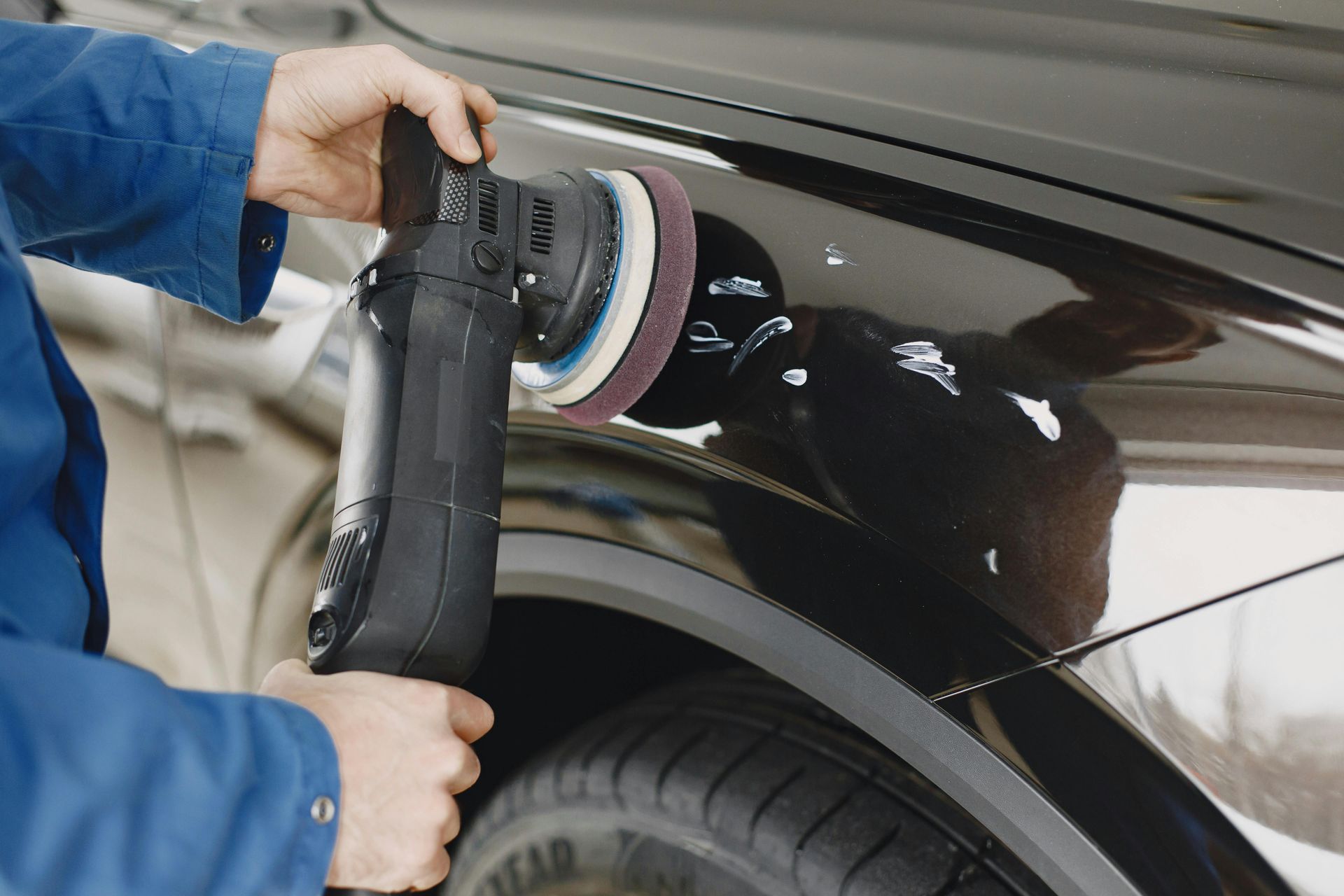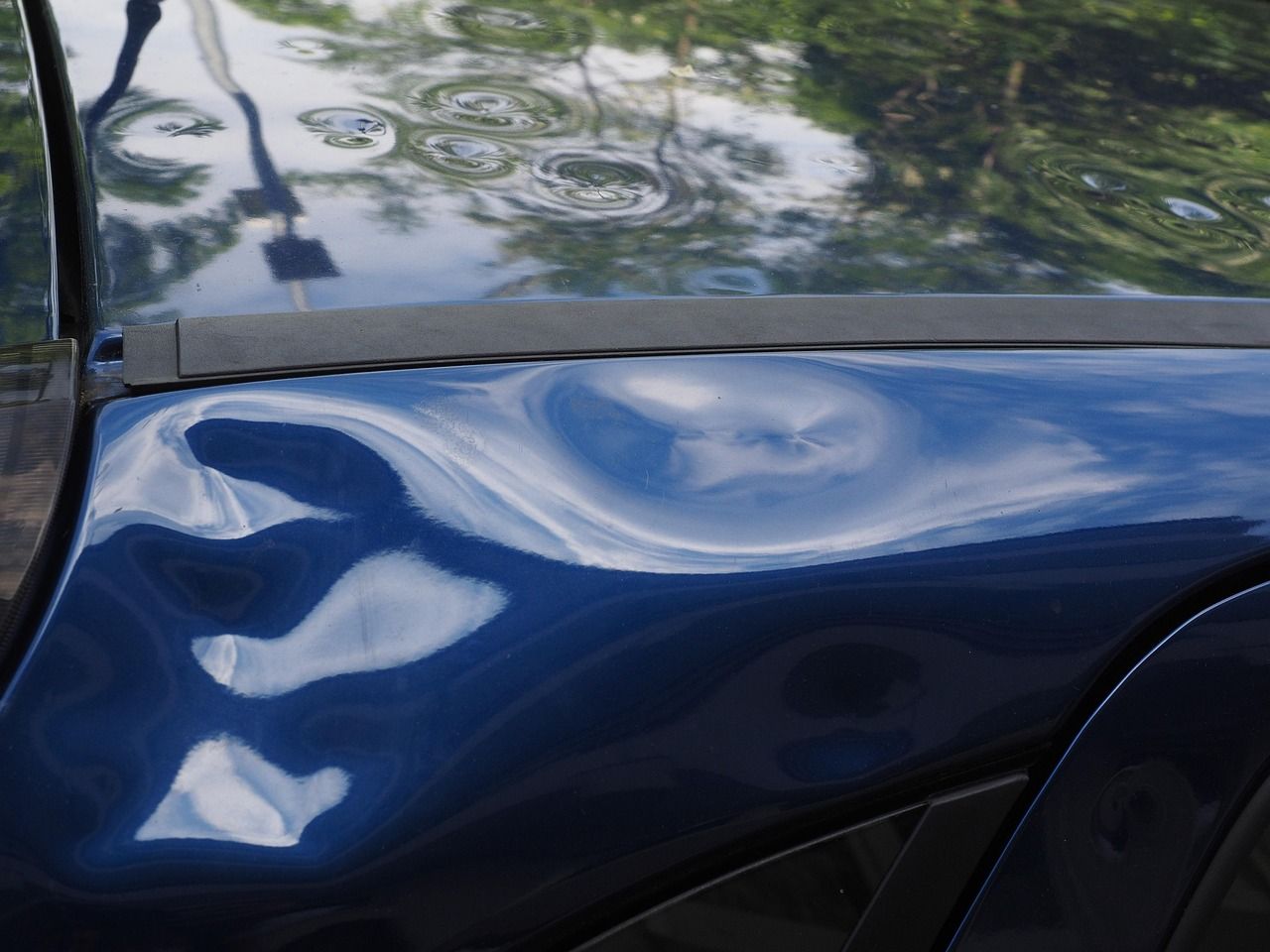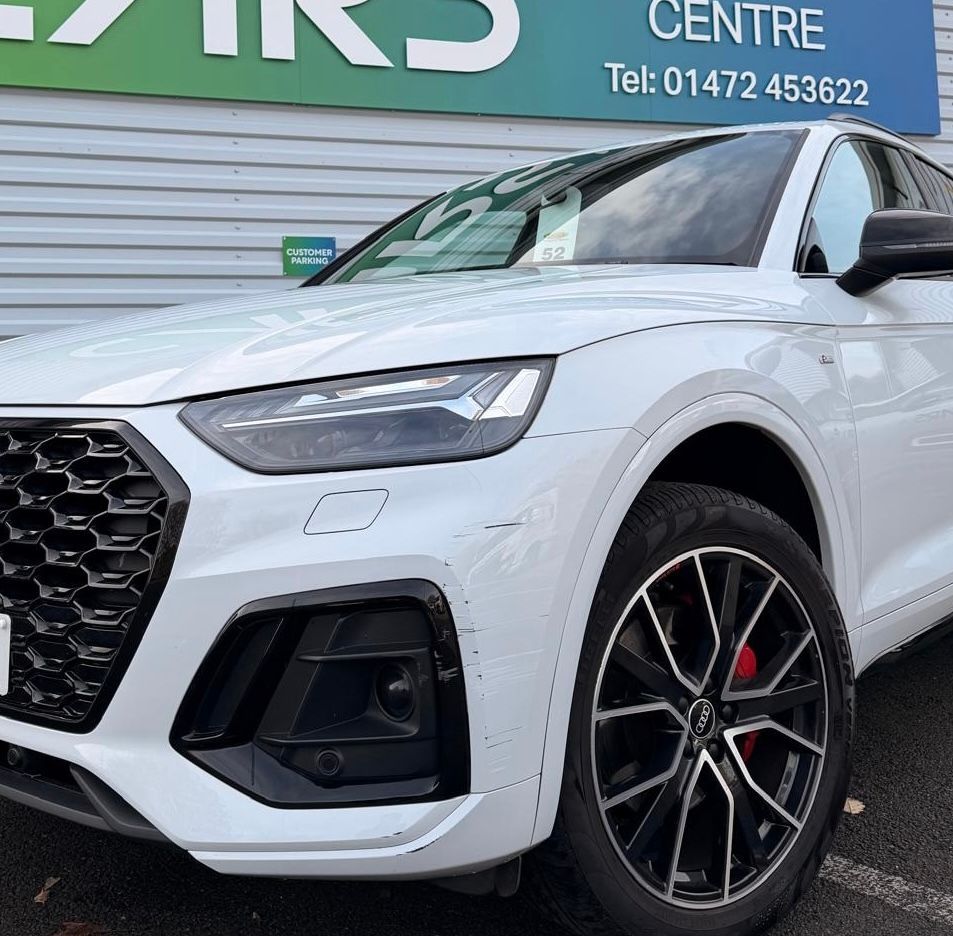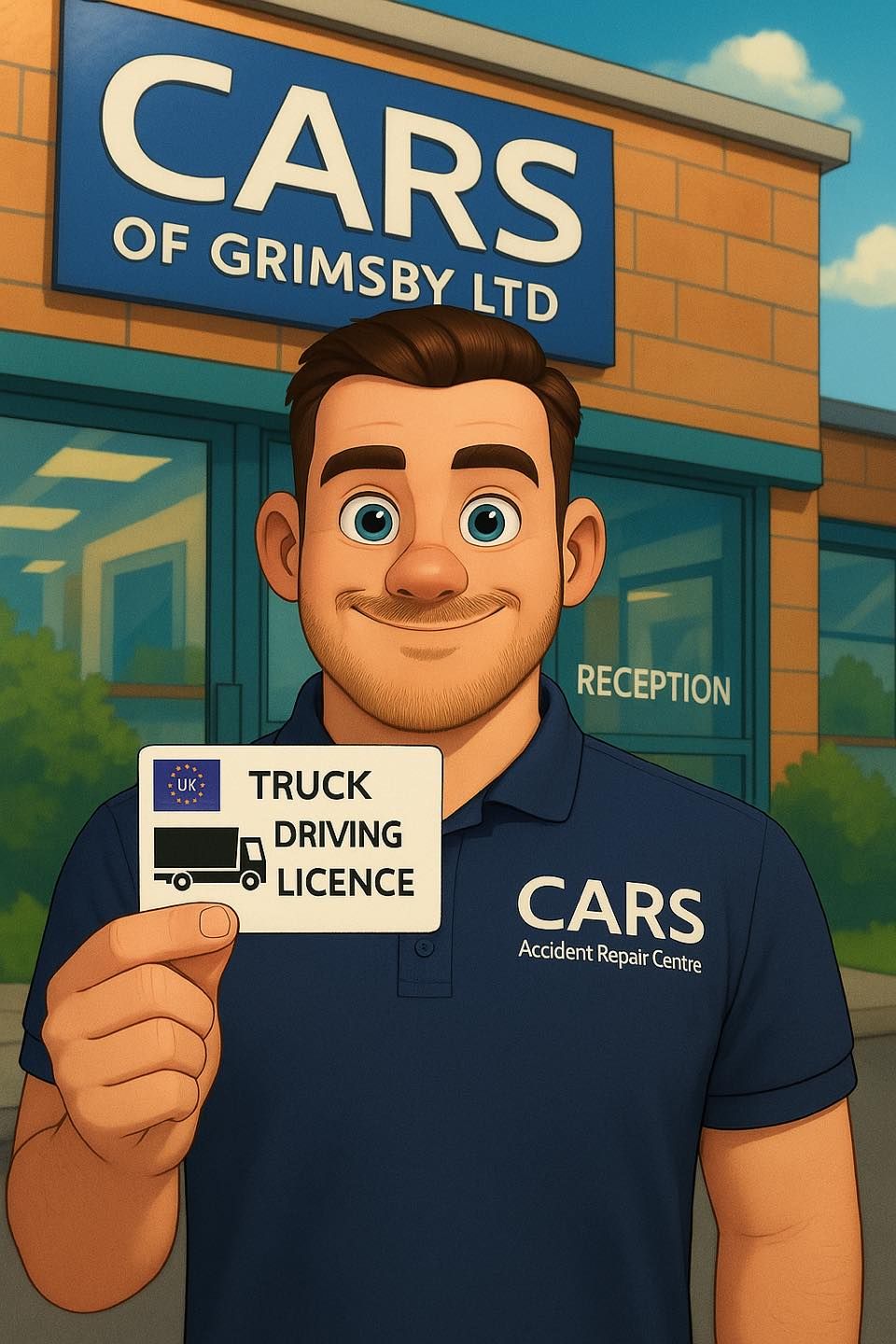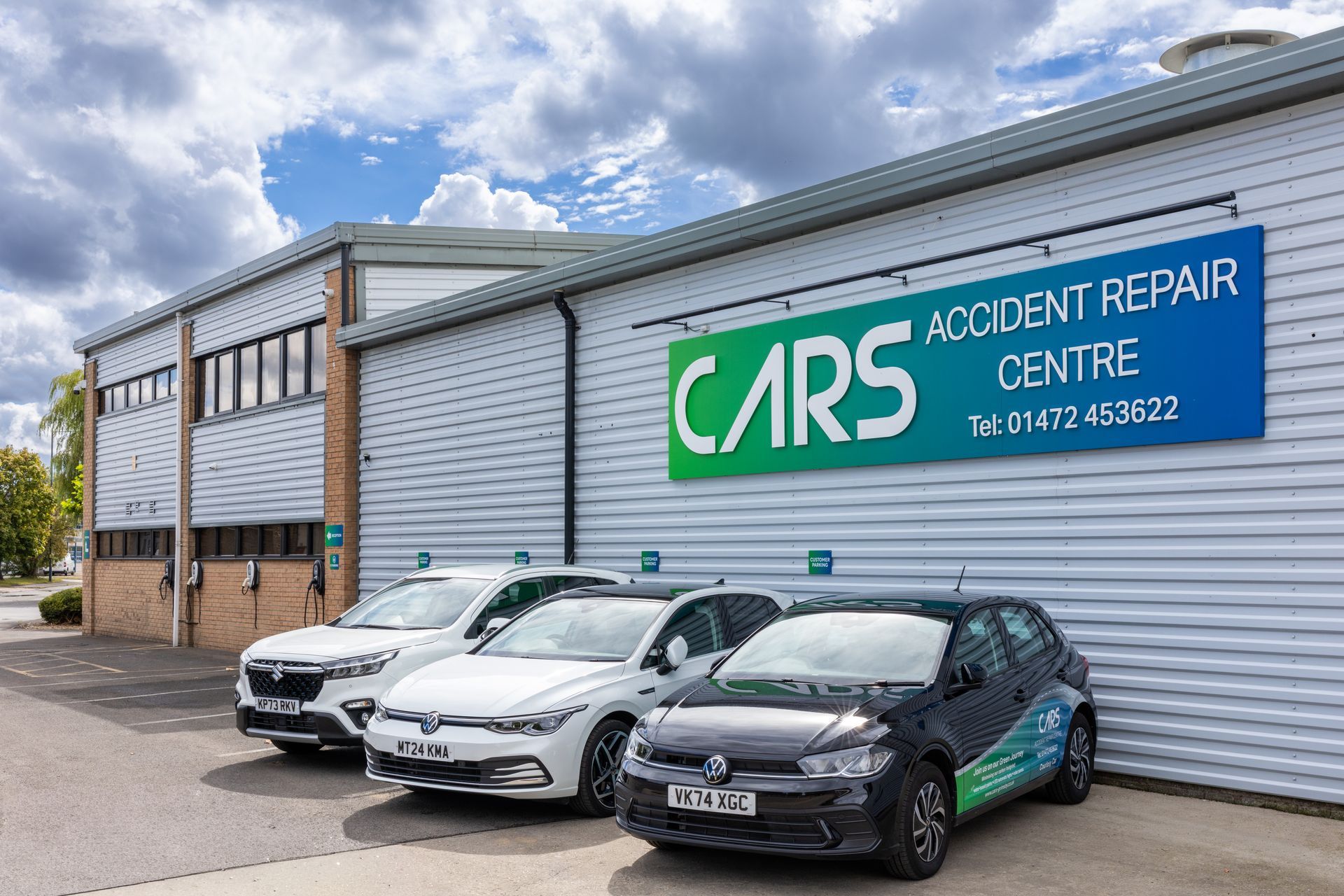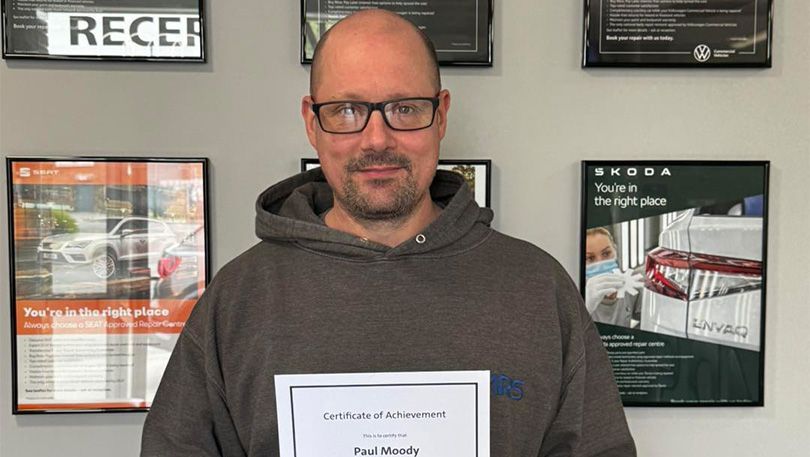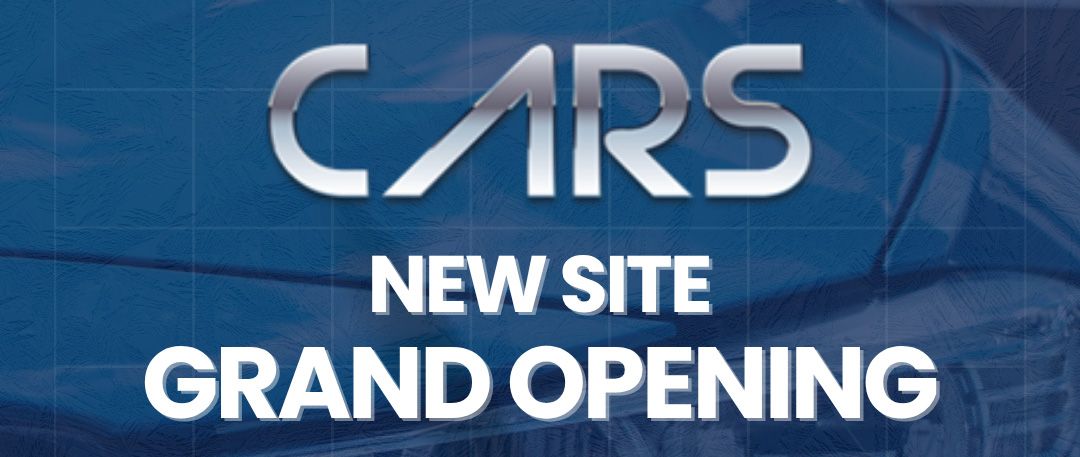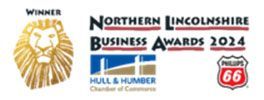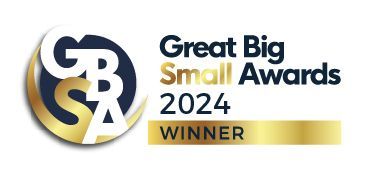A Beginner’s Guide To Car Jargon
ABS (Anti-lock Braking System)
ABS is a safety feature which prevents the wheels from locking up during hard braking. This helps the driver to maintain control of the vehicle, improve steering and minimise stopping distances.
Horsepower
A unit of measurement used to describe an engine’s power output. Typically, a higher horsepower represents a more powerful engine.
Cruise Control
This is a system fitted to some vehicles which can be set to maintain a vehicle’s minimum or maximum speed.
Depreciation
Most cars will depreciate in value over time, especially in the early years. The depreciation is the rate at which a vehicle’s value falls in a specified timeframe.
Hybrid
A hybrid vehicle is powered by more than one power source, usually a petrol/diesel engine and an electric motor.
Immobiliser
This is an anti-theft device, usually found on newer vehicles. Typically, a transponder is fitted to the key, meaning the vehicle will only start when the key is present.
Modifications
Any change made to a vehicle which alters the way a vehicle looks or performs.
SORN (Statutory Off-Road Notification)
This is when a vehicle is registered as no longer being used or parked on the roads. The owner does not have to pay road tax during this time.
Insurance Group
Vehicles are allocated to an insurance group classification from 1 (cheapest) to 50 (most expensive). You can use this to compare costs of insuring different vehicles.
Power Steering
Steering that is aided by hydraulic or electric motors. This makes steering easier for drivers, especially at low speeds.


